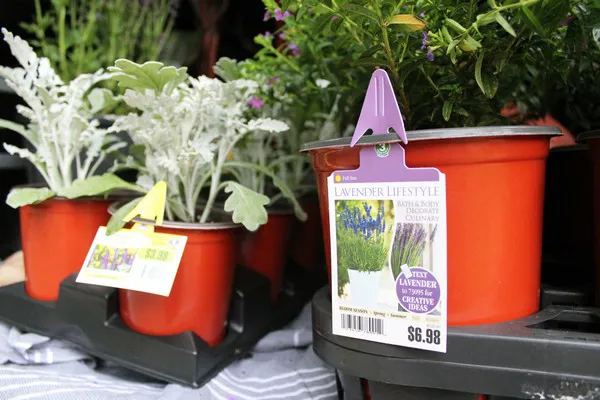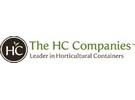New gardeners certainly got their hands dirty during the pandemic, yet many found the hobby rather intimidating based on the unexpected level of education necessary for successful cultivation. The savior for many novice gardeners wasn’t the internet, however, but the trusted plant tags.
Todd Davis, Director of Catalog/OnSyte Division at Orora Visual Horticultural says, “If you consider tags an afterthought, you’re making a real mistake. They’re a vital part of the total package you’re trying to sell. A high-quality tag is going to help sell-through rates at retail, leading to faster re-orders. And in the end, quality plant tags are going to help the consumer succeed with the plants they buy.”

According to a Fall 2019 survey conducted by the Home Garden Panel of Metrolina Greenhouses, 90% of consumers at both independent and big-box retail stores referenced plant tags while shopping, and this was true for both younger and older shoppers alike. Additionally, plant tags were the number one resource for information and education – with 70% of shoppers preferring plant tags versus just 17% who preferred using their hand-held device and 10% who asked a nearby associate.
Growers both large and small have started to take notice as the evolution of the tiny plastic stake inserted into the soil has transformed into colorful mini-brochures filled with in-depth information on light requirements, overall size, spacing, watering, bloom season, fertilization, attractants, and growing zones to name a few. One of the most profound takeaways from the survey is how plant tags are often perceived as a more trustworthy and reliable option for plant and growing information over the internet.
While many market research firms are quick to point out that today’s more modern shoppers are leery of in-store information and more trusting of online reviews and ratings, this survey seems to contradict that theory. The information available online varies greatly and is often skewed toward the intent of the author, business, or website.
But information on a plant tag designed for and by the horticultural industry is still the definitive resource for more tenured and novice gardeners alike.

 The HC Companies
The HC Companies